WikiLeaks password ‘leaked by journalists’, not Assange
Julian Assange’s lawyers have claimed thousands of classified US diplomatic files obtained by WikiLeaks were only made public after the password to unlock the trove was published in a book.
Crime in Focus
Don't miss out on the headlines from Crime in Focus. Followed categories will be added to My News.
Journalists from The Guardian newspaper revealed the WikiLeaks password for classified government documents that contained the names of US informants in Afghanistan and Iraq, Julian Assange’s defence lawyers claim.
The US has claimed that the publication of names put lives at risk as part of its case against Assange, the founder of WikiLeaks.
The password – ACollectionOfHistorySince_1966_To_ThePresentDay# – was listed as a title of the chapter in the book by Guardian journalists David Leigh and Luke Harding and confirmed in the index.
Mr Harding still works at The Guardian but Mr Leigh has since retired.
The book, WikiLeaks: Inside Julian Assange’s War On Secrecy, was published in February 2011, but no-one picked up on the gaffe until August that year.

A German media outlet found the relevance and then dumped all of WikiLeaks unredacted cables online.
Mark Summers, QC, for Assange, claimed in a London court that prior to that point there had been a slow roll out of the diplomatic cables through WikiLeaks with other mainstream media outlets as partners and the names of sources redacted.
“Far from being a reckless, unredacted release … what actually occurred is that one of the media partners published a book in February 2011, the password to the unredacted materials in a book, which then allowed the world to publish those unredacted materials,” Summers said at London’s Woolwich Crown Court on Tuesday.
“The gates got opened, not by Mr Assange or WikiLeaks.”
He said that news articles at the time were headlined: “Guardian investigative editor David Leigh publishes Wikileaks password in his book.”
“The password was the title of the chapter. The index, page 332, tells you that that’s the password,” Mr Summer said.
“No-one put two and two together for a number of months and the responsible roll out continued.”

WikiLeaks contacted the US State Department and demanded to speak with then Secretary of State Hillary Clinton about the breach.
Assange, 48, asked the US to warn sources about their names going public through other outlets, Mr Summers said.
“I don’t understand why you can’t see this is an emergency, unless we do something, people’s lives will be put at risk,” Mr Summers quoted Assange as saying in the call.
“The notion that Mr Assange knowingly put lives at risk by dumping unredacted cables is knowingly inaccurate,” he said.
The arguments were made as part of Assange’s defence that the United States has abused the judicial process in its application to extradite him from the UK.
His lawyers claimed that the US was aware that WikiLeaks had been redacting names and published the unredacted documents only after they were in the public domain.
They also claim that the charge that Assange had helped US soldier Chelsea Manning, who leaked the information, to hack a computer were out of context.
Mr Summers claimed that Assange helped Manning try to crack a password after the documents had already been sent to WikiLeaks, in a technical point of timing he was hoping would dash the extradition bid.
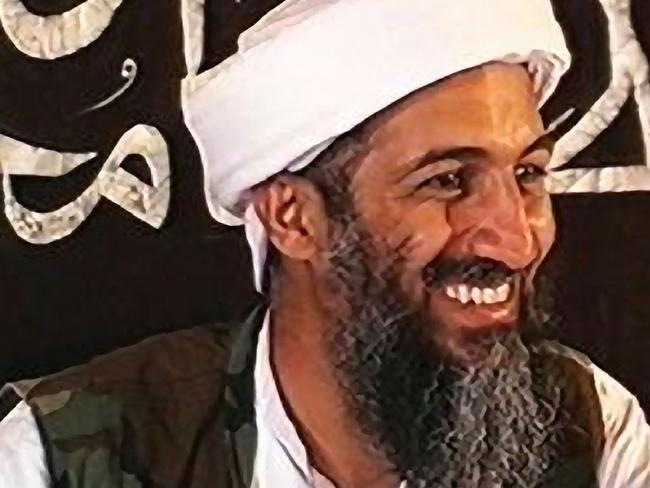
He said that WikiLeaks had agreed to withhold 15,000 documents as well as names of sources as part of Assange’s “harm minimisations” process.
The Guardian denied responsibility for the leak of the password and ultimately the names of the sources, saying the authors believed the password was out of date.
“The Guardian has made clear it is opposed to the extradition of Julian Assange. However, it is entirely wrong to say The Guardian’s 2011 Wikileaks book led to the publication of unredacted US government files,” a spokesman said.
“The book contained a password which the authors had been told by Julian Assange was temporary and would expire and be deleted in a matter of hours.
“The book also contained no details about the whereabouts of the files. No concerns were expressed by Assange or Wikileaks about security being compromised when the book was published in February 2011. Wikileaks published the unredacted files in September 2011.”
ASSANGE SLAMS PRISON TREATMENT
Meanwhile, Assange’s lawyer has acomplained about his treatment in prison, saying he was strip searched twice, moved to five different cells and handcuffed after the first day of his extradition trial where it was revealed he was a suicide risk.
Edward Fitzgerald, QC, complained that Assange had been mistreated by the authorities at Belmarsh prison where he has been held while awaiting his court appearances.
He asked District Court Judge Vanessa Baraitser to intervene, but she declined saying she did not have the authority.
“If there is some evidence for him not being able to participate in the proceedings then produce it,” she said. “If you are intending for his treatment to change, rather than to the court that must surely be an application to the governor of the prison if you are concerned about those issues.”

The court also heard Assange’s defence team claim that a computer hacking charge against him for trying to help US soldier Chelsea Manning access a password was wrong.
There were several people who had access to the computer and it did not make a difference if they were using a different identity, they said.
Assange was described as a suicide risk if extradited to the United States for an “effective life sentence” over the leaks of hundreds of thousands of US government documents in 2010 and 2011.
The Australian’s lawyer claimed in a London court that Assange’s mental health concerns should stop him being sent to America.
He has also been charged with 17 counts of spying over the dumping of the documents on his WikiLeaks website.
Mr Fitzgerald told the court that a psychiatrist had concerns for Assange.
“Mr Assange shows virtually all the risk factors which researchers … have described in prisoners who either suicide or make lethal attempts,” he said, quoting a medical report.
He urged Judge Baraitser to reject the United States’ bid, arguing it was “a clear violation of his right to political expression.”
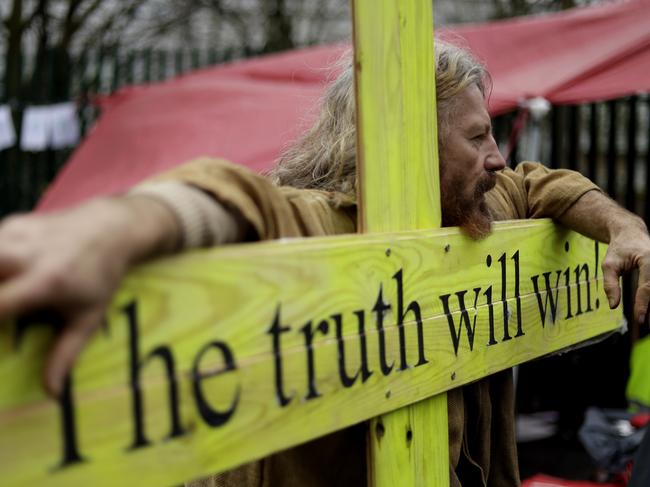
Judge Baraitser told Assange to stop speaking out of turn, as rowdy protesters outside made it difficult for him to hear proceedings.
The 48-year-old stopped proceedings to ask Judge Baraitser to silence his supporters, who were singing, chanting and sounding a siren outside the court for most of the day.
Assange, who was behind glass at least 5cm thick, was also struggling to follow proceedings.
“I am having difficulty concentrating and this noise is not helpful. I understand and am very appreciative of the public support. I do understand they must be disgusted by these proceedings,” he said.
Judge Baraitser did not appreciate Assange’s intervention, after he had previously spoken out of turn at an earlier case.
“It’s very unusual. Generally I don’t hear from people in this kind of context,” she said.
She said he should speak with his lawyer instead of directly standing up in court.
Mr Fitzgerald said that Assange had “exposed corruption” and argued that he was being targeted by US president Donald Trump’s “war on the media”. Assange has been fighting to stay in the UK as the United States tries to get him to face court on charges that carry a 175-year maximum sentence.
He also made the point that the United States did not charge Assange in 2013 as details about Chelsea Manning’s leaking had come out. But charges were laid against Assange in 2017.
“President Trump came into power with a new approach to freedom of speech and a new hostility to the press,” Mr Fitzgerald said. “(The) Trump administration set about punishing whistleblowers in general … (and) dramatically escalated the number of investigations into journalist leaks.
“He was the obvious symbol of all that Trump condemned.”
Lawyers for the United States have claimed that Assange put lives at risk when he dumped the names of its informants in war zones in Afghanistan and Iraq.
The extradition hearing continues.
ASSANGE’S BIN LADEN CONNECTION
It also emerged that Osama bin Laden tried to get access to information published by WikiLeaks, an extradition hearing for Assange has heard.
James Lewis, QC, has outlined the case for the United States’ bid to extradite Assange from the UK in London’s Woolwich Crown Court.
Mr Lewis said that the United States had found evidence that bin Laden wanted to use WikiLeaks documents when they raided the 9/11 terrorist’s compound.
He said armed forces found “a letter from bin Laden asking to gather the information published by Wikileaks.”
“The information published by Assange was useful to an enemy of the state of America,” he said.
Mr Lewis sought to undermine Assange’s claim he was acting as a journalist.
The 17 charges of espionage and one charge of computer hacking carry a maximum sentence of 175 years’ jail.

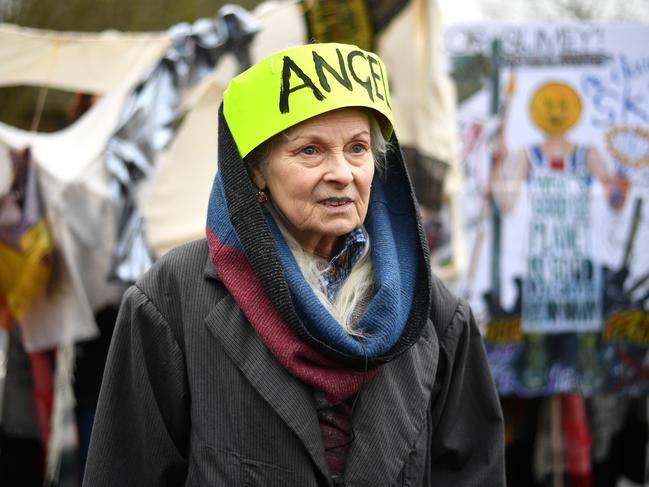
Mr Lewis said Assange, 48, had not been acting as a journalist or in the interests of free speech.
“He seeks to defend the publication of the names of sources, the names of people who put themselves at risk,” Mr Lewis said.
“It is inconceivable that any member of the press” would identify sources, he added.
And he rejected claims of the “hyperbole” of his potential 175-year sentence, saying that there was the chance that some of the sentences, if he was convicted would be served concurrently.
Assange has avoided court for 2806 days after he sought asylum in the Ecuadorean embassy in London in 2012.

He has spent almost a year in Belmarsh prison after being arrested in April last year for breaching bail when the Ecuadorean government co-operated with British police.
The charges relate to the release of thousands of US documents through his WikiLeaks’ website in 2010 and 2011.
Assange was wearing a grey suit, and grey jumper over a white shirt, he spoke to confirm his name and date of birth at the crown court, which is acting as a magistrates court in front of District Judge Vanessa Baraitser.
He flicked through a folder of court documents as the case against him was laid out and leaned back in his chair, flanked by security guards on his left and right.
Hundreds of protesters chanted “free Julian Assange” outside court, with one protester dressed as Jesus Christ and carrying a makeshift cross.
There was heavy security at the court, with media from across the world covering the case.
Assange was accused of trying to help US soldier Chelsea Manning to break a password to access a US government computer.
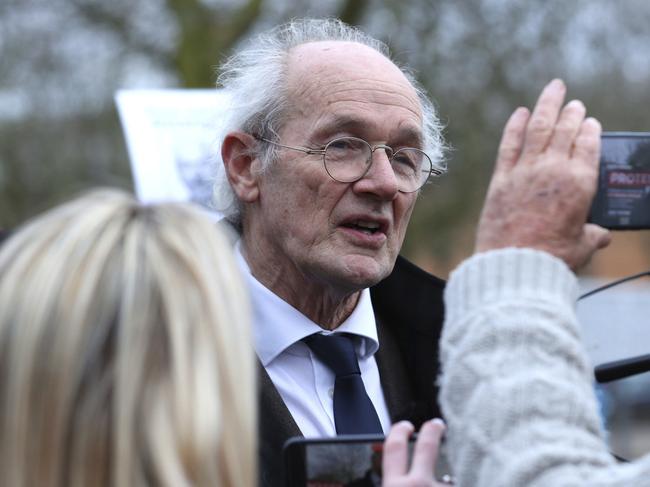
That charge came after Manning had already provided hundreds of thousands of documents to Wikileaks.
Mr Lewis cited The Guardian and the New York Times magazine who had editorialised against the publications of unredacted documents.
“Mr Assange was charged for publishing unredacted documents. He was not for example charged for the so called collateral murder video that Wikileaks disclosed in April 2010,” Mr Lewis said.
He said that Assange had tried to defend as free speech and journalism the disclosure of sources.
“The names of sources, the names of people who have put themselves at risk to support the United States and its allies,” he said.
WikiLeaks had publicly sought leaked information from insiders on its website with a list of “most wanted leaks”.
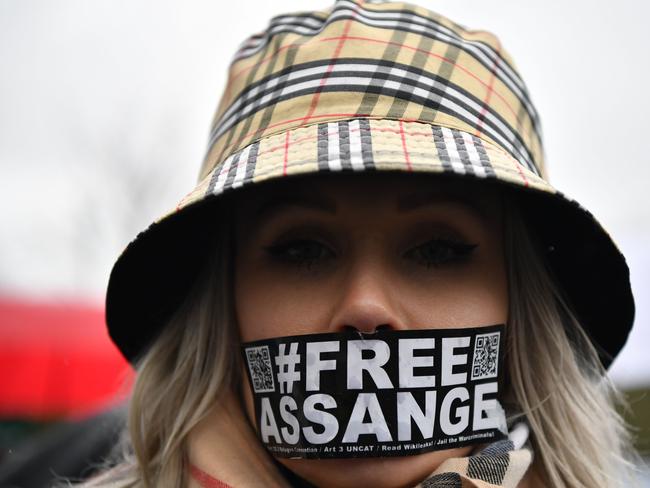
Mr Lewis said there was no evidence that sources had been harmed because most had been warned or moved once their names had become public.
The case will continue for the remainder of this week, and three further weeks in May.
Earlier, Assange’s father, John Shipton, demanded his son be released on bail.
“For the life of me I can’t understand why Julian Assange is in jail having committed no crime, with family here that he can come and live with,” he said.
“Bail ought to be given immediately if the extradition order isn’t dropped.
“Julian had a harassment today. He goes to court tomorrow. They searched his cell this afternoon just before he came down to see us.
“This plague of malice that emanates from the Crown Prosecution Service to Julian Assange must stop immediately.”
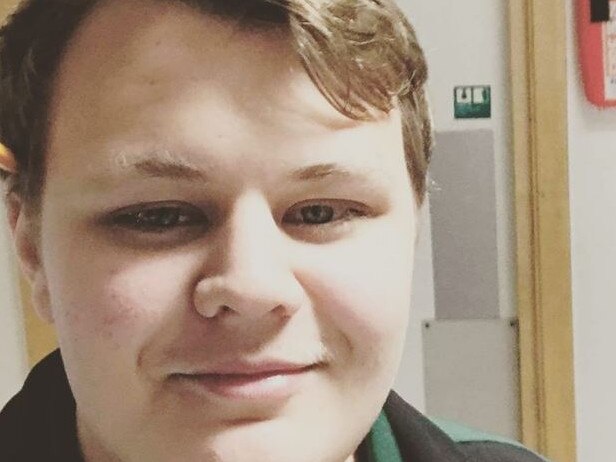
The case of British teenager Harry Dunn, who was allegedly killed by Anne Sacoolas, the wife of a US spy in a traffic incident in the UK, may give Assange some hope.
Mr Dunn’s family want the UK to prevent Assange being extradited to the US, even if they win the case, unless Mrs Sacoolas is deported from America to the UK.
Dunn family spokesman Radd Seiger accused the US of “hypocrisy” in seeking Assange’s extradition, despite rejecting the return of Mrs Sacoolas.
Mrs Sacoolas fled to the US and was granted immunity from prosecution, despite being charged with dangerous driving causing death over her role in the traffic incident near a US base on UK soil.
She was driving on the wrong side of the road at the time of the crashing into Mr Dunn’s motorcycle.
Mr Dunn’s mother Charlotte Charles, and father Tim Dunn, have met with British Foreign Secretary Dominic Raab about their son’s case.
Mr Seiger said the family was angry the US has rejected the UK request to extradite Mrs Sacoolas to the UK.
MORE NEWS
Fastest broadband for your money
Australia raises travel warnings as coronavirus spreads
Top suburbs where Aussies buy as mortgages last till you’re 90
“The principle of reciprocity is at the core of any extradition treaty. Despite its disgraceful refusal to extradite Anne Sacoolas, the US continues to seek the extradition of people in the UK such as Julian Assange,” he said.
“In doing so, they are demonstrating an extraordinary amount of hypocrisy and the double standards on display are unprecedented.
“The US needs to be brought firmly back into line on the international stage and be made to understand that they are not going to have their way.”
